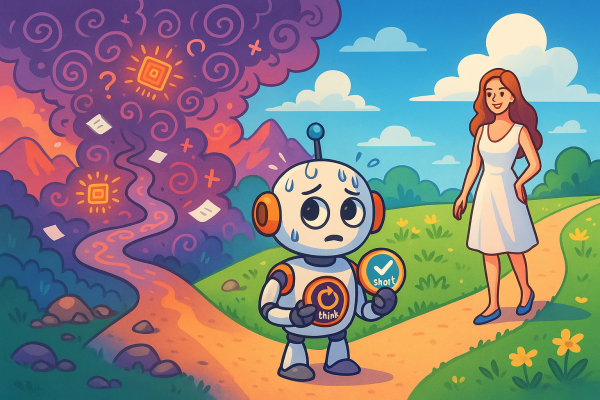Netflix recently began testing a new artificial intelligence-based search feature that uses OpenAI’s technology to improve content search. This feature is a significant departure from traditional search methods because it allows users to find movies and TV shows using specific terms, such as their mood or preferences, rather than only using titles, genres, or actor names.
The feature has been available since April but is currently in beta and is offered only in Australia and New Zealand. Even there, its use is limited since it works only on iOS, and users must register separately to use it. However, it is clear that once the beta phase is over, the new search function will be available to everyone. Since it relies on OpenAI’s large language model, you can describe the kind of movies you are interested in—such as a sad story or one with a twist ending.
Netflix stated that they are monitoring the system to learn from it and improve the feature. They plan to roll it out in more markets within a few weeks. It is likely still in a very early stage of development, as no timeline has been provided for when the feature will be released on other platforms like Android.
Although a release date has not yet been announced, Netflix’s expectations are clear. They want to improve search to solve the well-known problem where users spend hours searching but cannot find anything they really want to watch. This problem, known as search fatigue, is very harmful to Netflix because frustrated users may eventually cancel their subscription.
Another possible outcome is that, even if search fatigue is not completely eliminated, Netflix may receive valuable feedback that could improve content production. Better content might eventually reduce search frustration even further.



